At the beginning of 2019 I created a new vision board. If you’d like to know more about vision boards, I’ll write a post explaining how they work – because they REALLY do! Anyway my new vision board featured a picture of Alys Fowler reaching up to pick broad beans from her glorious garden.
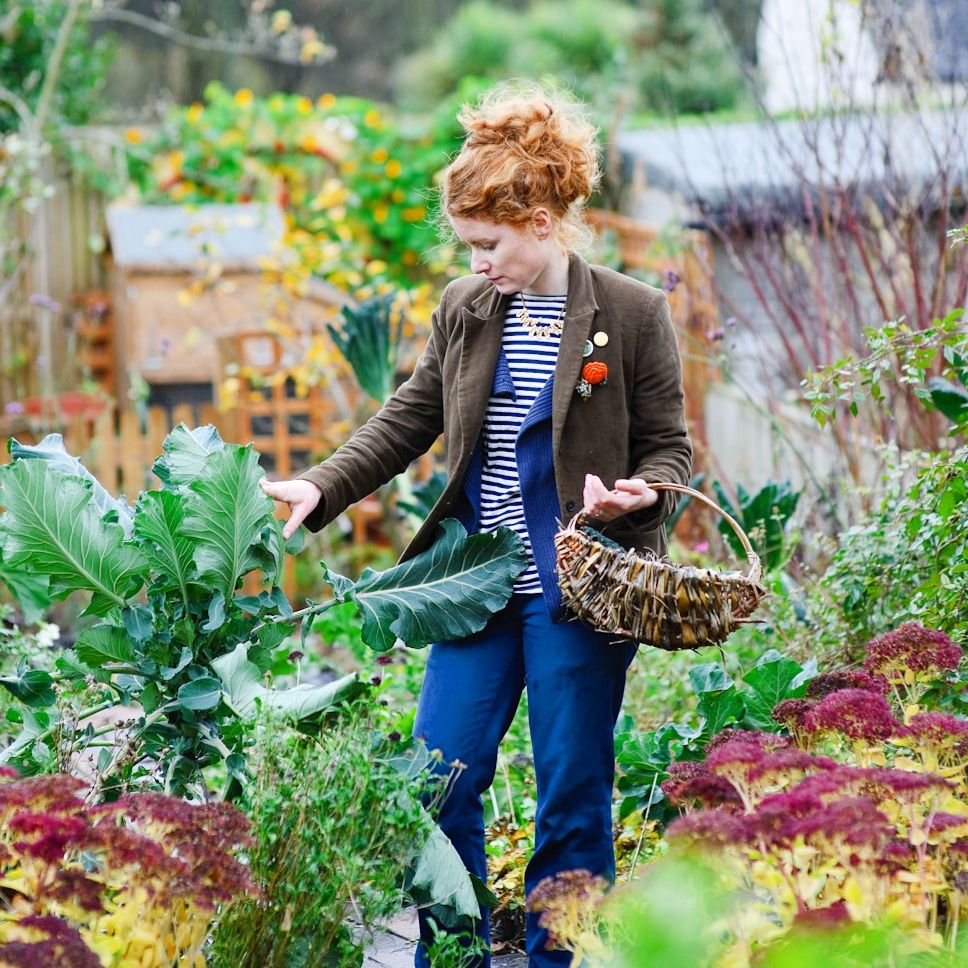
At the time we were very keen to ‘grow our own’ and so Phill and I filled the garden with fruit trees and packets and packets of vegetable seeds. We were keen and had high hopes for our little homestead, however the year before I had been very keen to get chickens.

Our rescue hens who had come to us in a very sorry state, were now very fat, very spoilt and very naughty. They regularly escaped from their own garden and gobbled up anything that was brave enough to try and grow. By mid-Summer only the fruit trees had survived. Nevertheless I continued to cook and eat free, organic produce. How? I went foraging.
The great thing about vision boarding (yes I’m back on that) is that it sometimes reveals things to you that you were previously unaware of. Perhaps I never really wanted to grow runner beans – I don’t even like beans very much. Perhaps I just wanted to ‘gather’ food? I don’t know, but what I do know is that developing a love for foraging has been an eye opener in so many ways and that there are so many healthful reasons why you too should give it a go.
1. Excercise.
You can’t forage from the car! You have to pull your boots on and go for a walk. If you’ve read my blog for a while you’ll know that I have Ehlers Danlos Syndrome, meaning that I suffer from unstable joints. Oftentimes this can make it difficult to walk. However I’ve found that when foraging, I can walk further – I expect it’s due to the slower pace and regular stops.
 Like scavenger hunts and nature trails, foraging is a challenge that distracts you from how many times you’ve put one foot in front of the other!
Like scavenger hunts and nature trails, foraging is a challenge that distracts you from how many times you’ve put one foot in front of the other!
2. Accessibility
As hobbies go, this one is accessible to EVERYONE. No special equipment is needed and while you may find more abundance in the countryside, urban areas are also perfect for foraging. In fact some of my favourite foraged foods grow best in wasteland! Once you start foraging, the whole world is your larder.
 Whatever your level of mobility, there’s always something to forage. Some of the richest picking in my area, is in our local park, where you can pick black berries, elderberries and mugwort without even leaving the path.
Whatever your level of mobility, there’s always something to forage. Some of the richest picking in my area, is in our local park, where you can pick black berries, elderberries and mugwort without even leaving the path.
3. It’s Free!
Foraged food is free and it’s amazing what you can find. As well as apples, blackberries, plums and nuts, you can find delicious ingredients that you can’t actually buy in the shops. Nettle seeds, rosehips and elderberries are some of my favourites.
 You don’t need any special equipment to start foraging but I recommend rubber gloves for nettles, a few small tubs for berries, a basket for larger fruit and leaves and if you’re vertically challenged like me, an old walking stick. Dorothy calls mine a helper stick. Helper sticks are great for reaching high branches but also for leaning on if you find a particularly heavy crop.
You don’t need any special equipment to start foraging but I recommend rubber gloves for nettles, a few small tubs for berries, a basket for larger fruit and leaves and if you’re vertically challenged like me, an old walking stick. Dorothy calls mine a helper stick. Helper sticks are great for reaching high branches but also for leaning on if you find a particularly heavy crop.
So it costs you nothing and saves money on your food bill.
4. Community
There’s a growing online community of foragers. Several busy Facebook groups feature people’s finds, identification queries and recipes. But you’ll be surprised by how many friends you make when you’re foraging!
 I’d say that around 10% of people look at me like I’ve lost my mind when they see me foraging. The rest fall into three categories – nostalgic, curious and kindred spirit. Some truly delightful people are all three.
I’d say that around 10% of people look at me like I’ve lost my mind when they see me foraging. The rest fall into three categories – nostalgic, curious and kindred spirit. Some truly delightful people are all three.
Foragers past and present, love meeting other foragers. They love to hear what you’ve found, what you’ll do with it and tell you the best foraging spots they know. Human interaction is so important for our wellbeing and foraging is certainly a conversation starter.
5. Education
It’s always good to challenge your brain and identifying a berry or flower that you’ve found poses just such a challenge.
 It’s important to be sure of what you’ve found before you eat it, but it’s actually easier than you think. In fact it’s surprising how much you already know! You might also be surprised to hear the recent report that said that alot of children believe that potatoes are grown on trees and strawberries are made in a factory!! Let’s pass on some knowledge and teach children where their food comes from.
It’s important to be sure of what you’ve found before you eat it, but it’s actually easier than you think. In fact it’s surprising how much you already know! You might also be surprised to hear the recent report that said that alot of children believe that potatoes are grown on trees and strawberries are made in a factory!! Let’s pass on some knowledge and teach children where their food comes from.
6. Mindfulness
Since discovering a love for foraging, I no longer look at my phone when I walk. Instead I’m constantly scanning the hedgerows and looking up into the trees. I notice the seasonal changes and greet them with excitement. I watch as wild garlic blooms, as elderflower turns to elderberry and patiently wait for rosehips to ripen.
 During my largely solitary walks, I find myself appreciating my environment like never before. The smells, the sounds, the ever changing colours. Since I started foraging I’ve seen a dramatic improvement in my mood and all round wellbeing.
During my largely solitary walks, I find myself appreciating my environment like never before. The smells, the sounds, the ever changing colours. Since I started foraging I’ve seen a dramatic improvement in my mood and all round wellbeing.
7. Culinary Treats
By foraging you can experience ‘money can’t buy’ flavours.
 Have you ever eaten a hazelnut fresh from the tree? Dipped a chip in ketchup made from hawthorn? Sampled the almost forgotten medieval medlar (also know as ‘open arse fruit’. No I’m not joking?!)?
Have you ever eaten a hazelnut fresh from the tree? Dipped a chip in ketchup made from hawthorn? Sampled the almost forgotten medieval medlar (also know as ‘open arse fruit’. No I’m not joking?!)?
 No? Well the only way to start is to go and pick it yourself. You won’t get fresher and once stocked with your finds, your pantry will be the envy of your friends!
No? Well the only way to start is to go and pick it yourself. You won’t get fresher and once stocked with your finds, your pantry will be the envy of your friends!
8. Medicine
Many hedgerow berries are incredibly high in vitamins. Elderberries and rosehips have been used to ward off cold and flu for centuries. Nettle seeds are so nutrient rich that just a teaspoonful can help those suffering with iron deficiencies and mugwort is used to cure insomnia. It’s also used to bring on hallucinations but I’m not quite enough of a hippy to try that…yet 😅
 Foraging for medicinal plants should be done with a sensible head and it’s always wise to check with your doctor before trying something new. But perhaps, just perhaps, you might find relief from illness in a simple leaf you find on your travels.
Foraging for medicinal plants should be done with a sensible head and it’s always wise to check with your doctor before trying something new. But perhaps, just perhaps, you might find relief from illness in a simple leaf you find on your travels.
9. Forest Bathing
I recently discovered that trees, apart from being miraculous oxygen machines, secrete a chemical which has a profound effect on humans. Phytoncides (which sounds like ‘fight inside’) have been shown to decrease stress hormones and increase the bodies abilities to fight illness including cancer.

So simply being amongst trees is incredibly good for you! And if you’re brave enough to slip off your shoes and do it bare-foot then the effects are even greater.
10. Preserving
Some foraged foods can be eaten as they are. Others need to be processed and preserved. But this process in itself is almost meditative. The weighing, cleaning and chopping; stirring, heating and potting is a process in which you can really lose yourself.
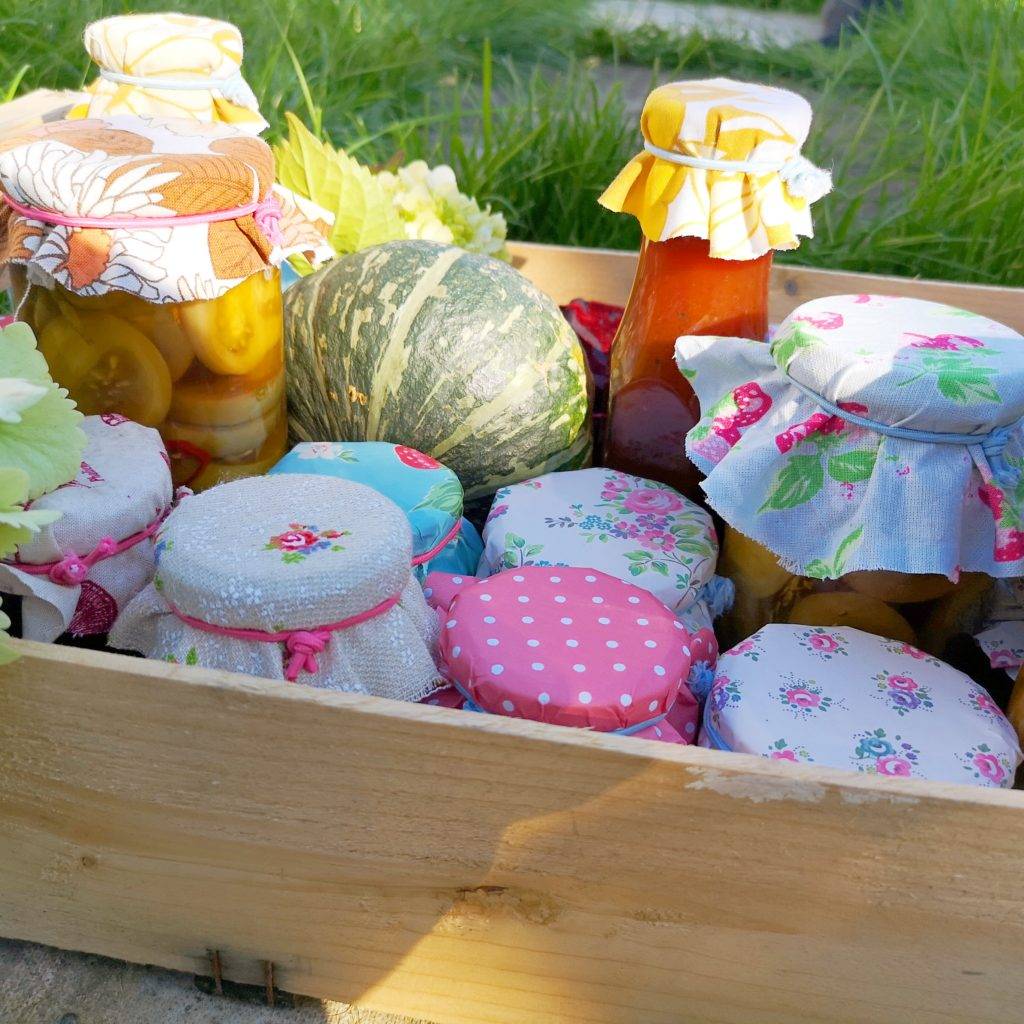 It’s great to watch food grow and ripen, pick it, process it and then eat it or give it to friends. Your house may start to look like a witches coven, but as your shelves start to bulge with beautiful jars of jams, jellies, chutneys, sauces, teas, cheeses, cordials and liqueurs, it will be worth it!
It’s great to watch food grow and ripen, pick it, process it and then eat it or give it to friends. Your house may start to look like a witches coven, but as your shelves start to bulge with beautiful jars of jams, jellies, chutneys, sauces, teas, cheeses, cordials and liqueurs, it will be worth it!
Will you be giving foraging a try?
Love Rachel ❤️

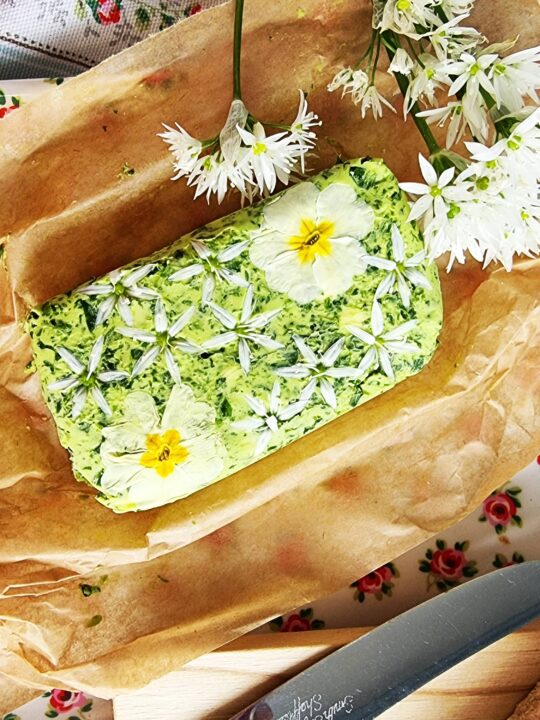

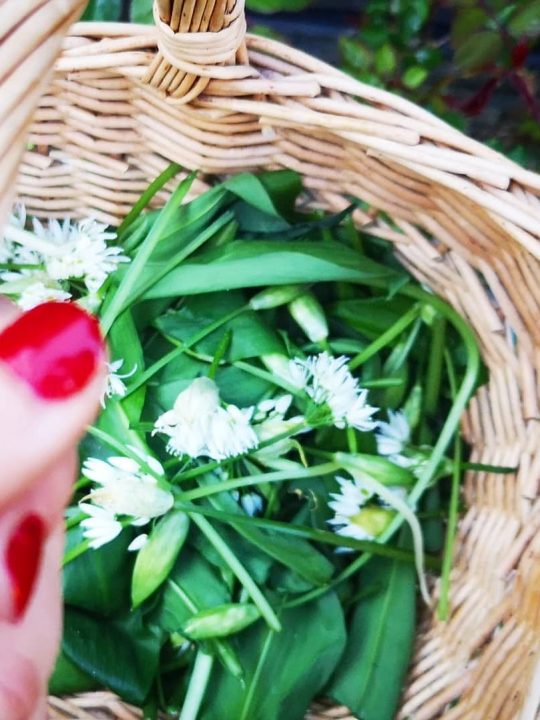
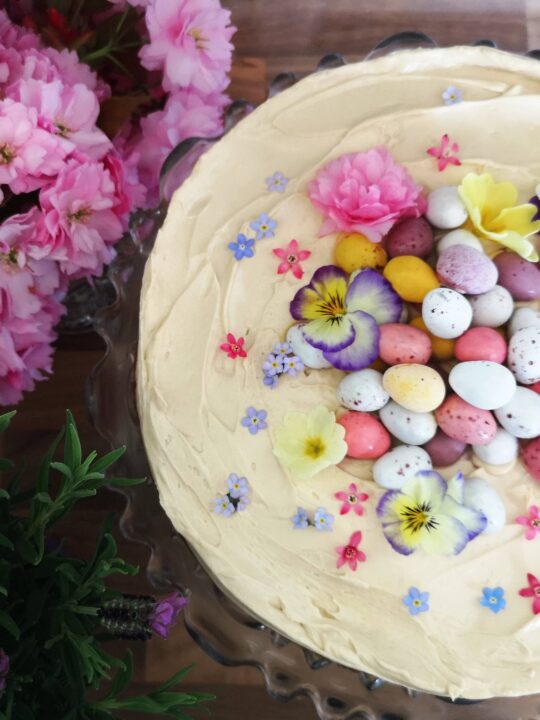
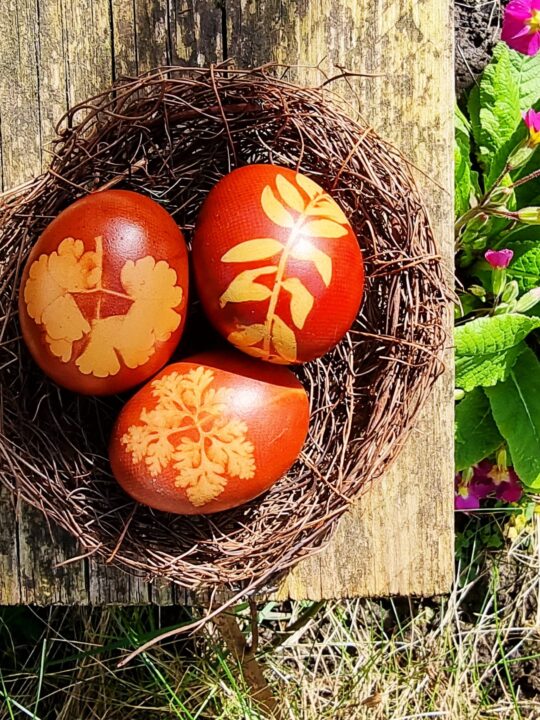
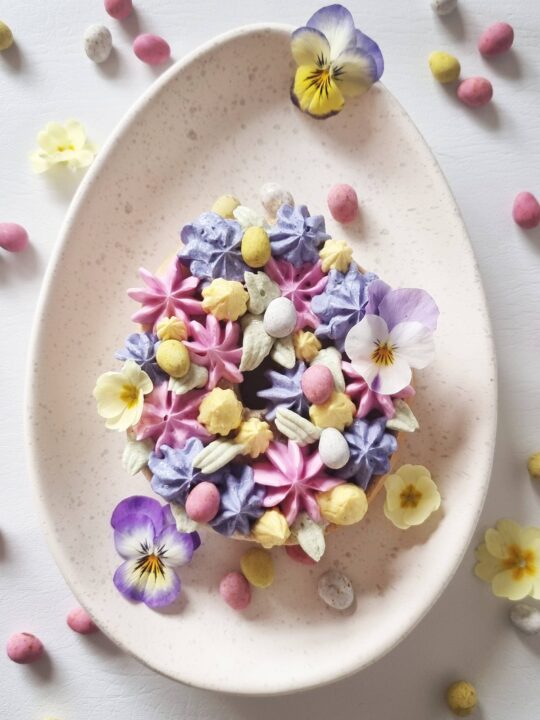


2 comments